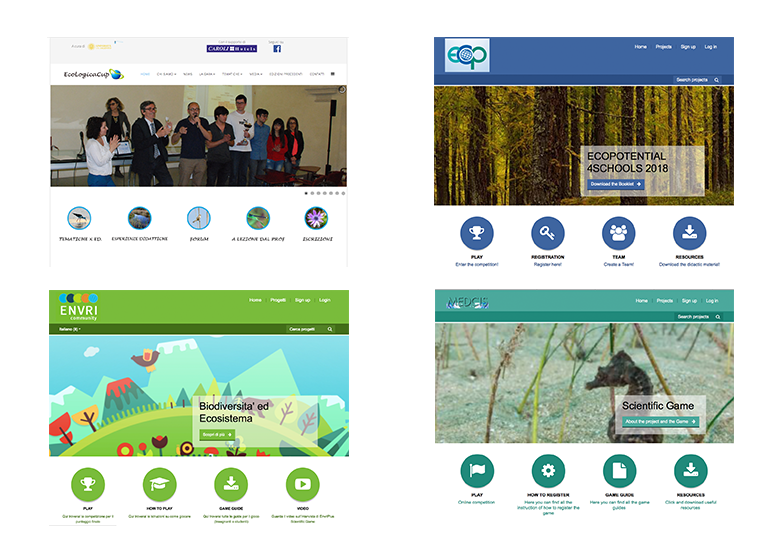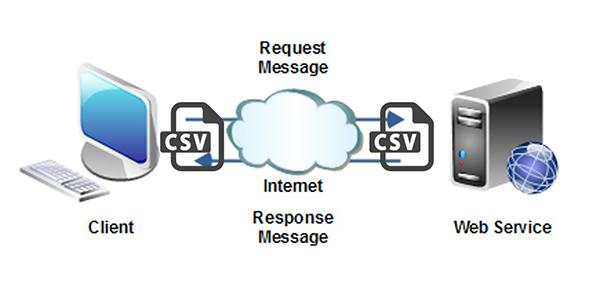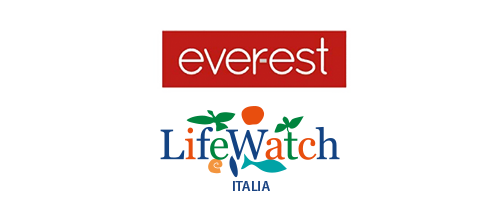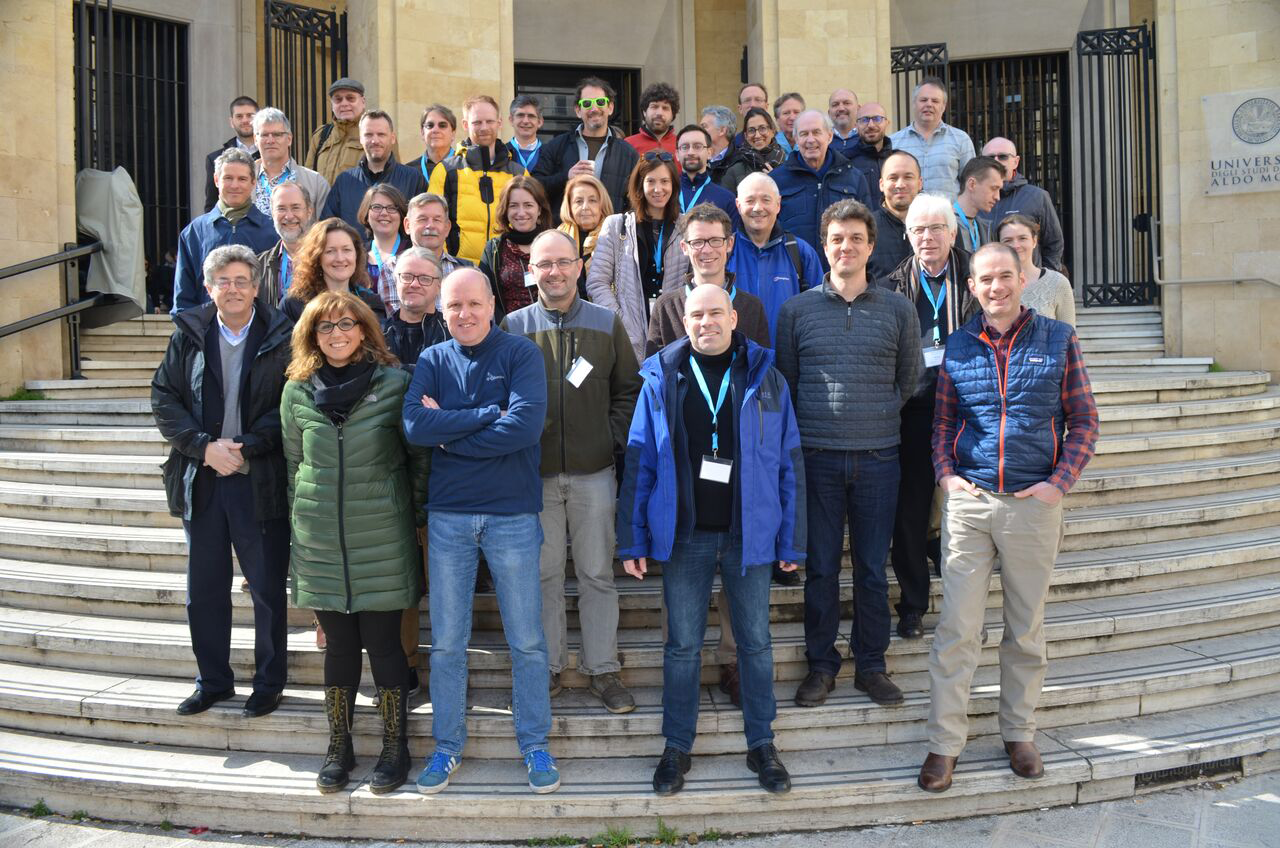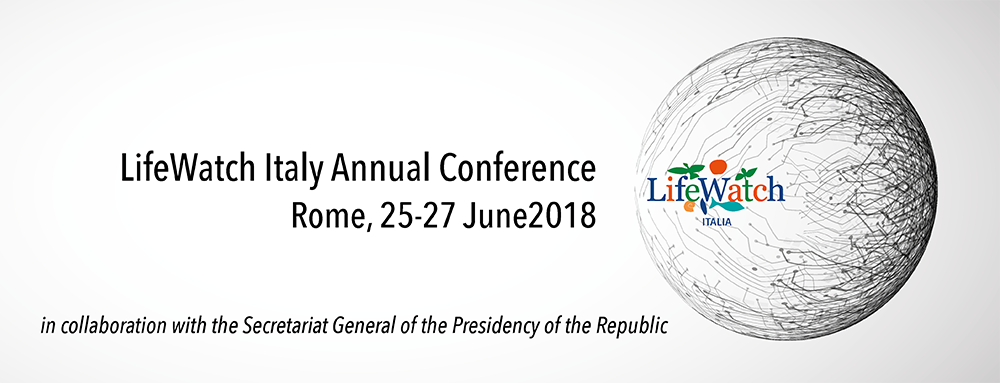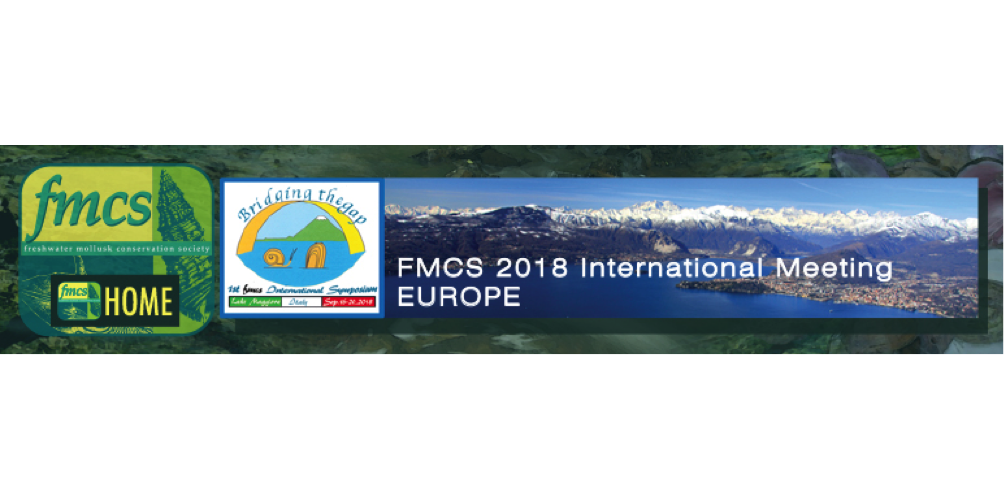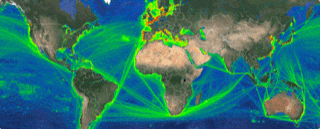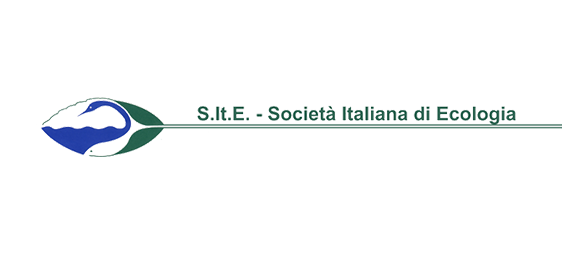Article by Franca Sangiorgio, published in Issue n°4 of LifeWatch Italy Bulletin
Raising awareness on the importance of biodiversity and ecosystem research and management towards the younger audiences is a key challenge for a Research Infrastructure, as LifeWatch, with societal implications. Awareness comes from knowledge, and informed students will become tomorrow’s conscious adults, attentive to biodiversity and other ecological issues. Unfortunately, biodiversity and ecology, in general, hardly find their place in curricular Italian schools’ programmes; in this context, LifeWatch Italy and the Service Centre, coherently with their communication and education mission, provide opportunities to approach this study in an informal amusing way.
In particular, LifeWatch Italy promotes initiatives based on informal education, as situated learning and learning by doing are considered particularly effective methodologies in this field, involving students in competitions and tournaments on relevant biodiversity issues, providing support for the implementation of the different ICT tools and platforms necessary.
LifeWatch Italy has been supporting the first Italian online competition on ecology, EcoLogicaCup, celebrating this year its 11th edition, challenging Secondary high school students on key issues for today’s society, such as Pollution and Sea Management and Sustainability. Since this positive experience, LifeWatch Italy has decided to further invest into the serious game potential, and has been working with the H2020 projects ENVRIplus and Ecopotential, and the DG Environement one, MEDCIS, in the organisation of different European tournaments, mixing online and offline activities, during which different teams will challenge each other carrying out a research project on the topics assigned (i.e., Biodiversity and Ecosystem, Natural Hazards, ICT, Marine Biology, Wetlands, etc.) and then competing simultaneously playing online dedicated scientific video games.
Please visit the respective gaming platforms for more information:
